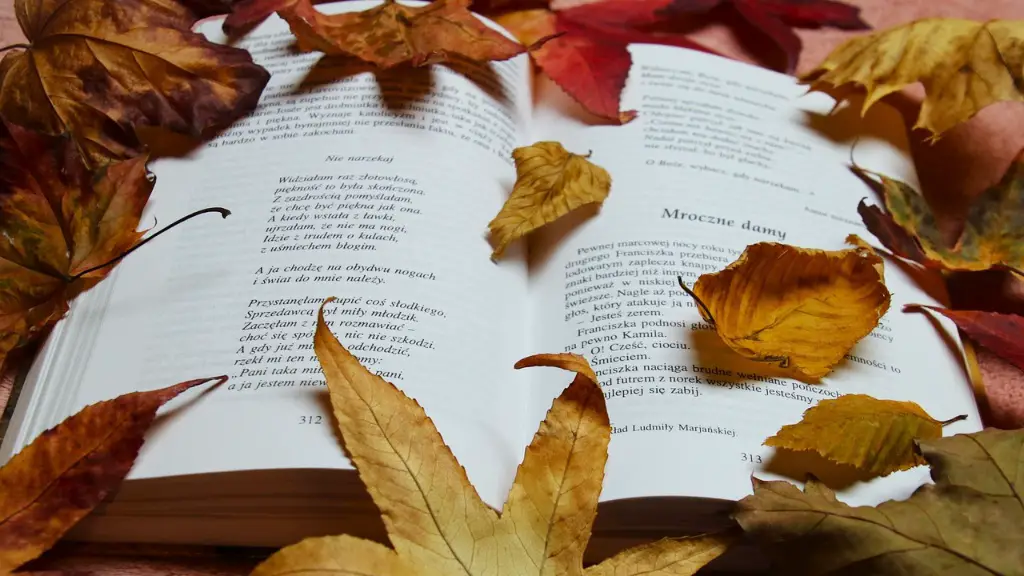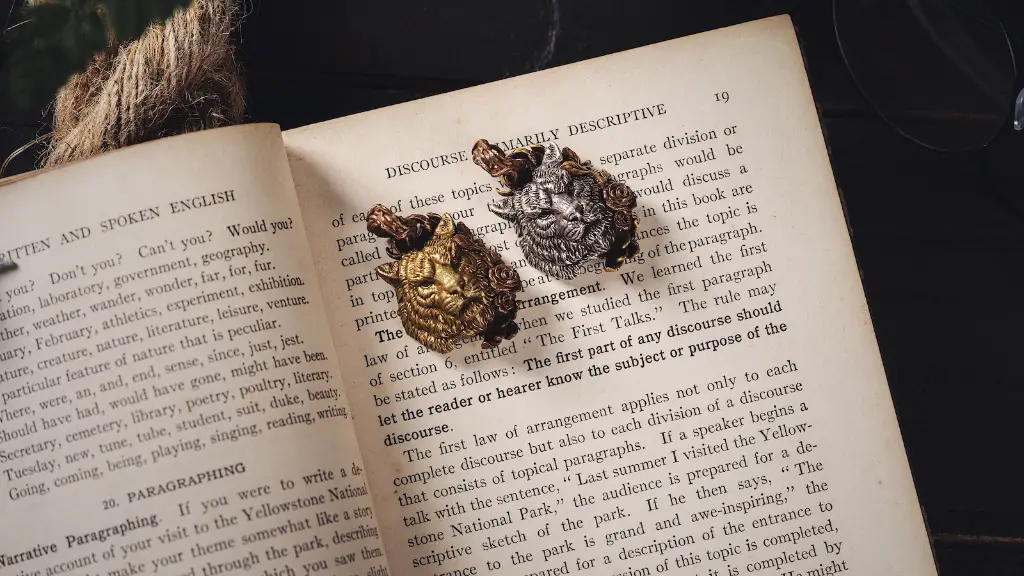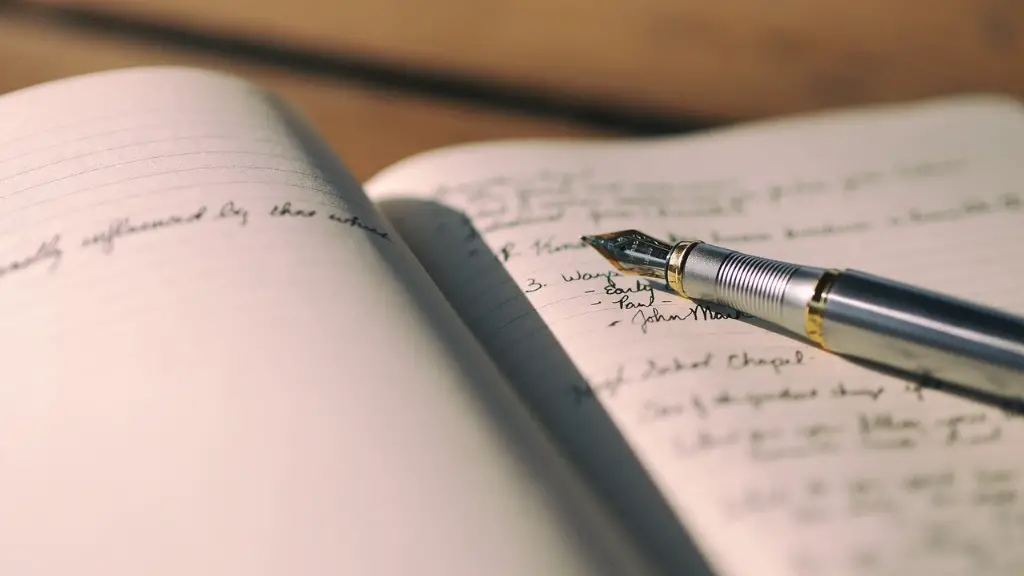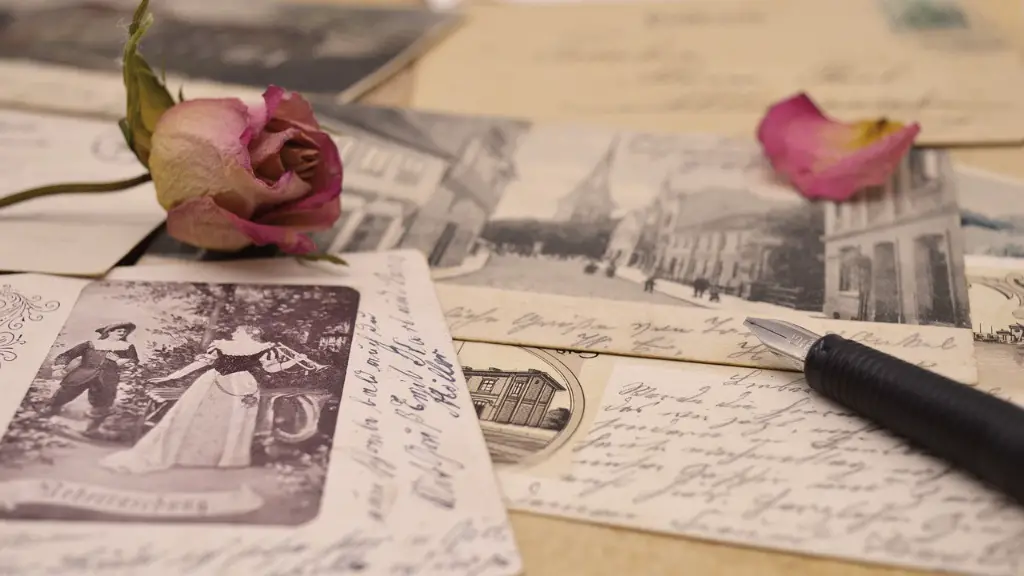What is Literature?
Literature is an art form of language and expression. It has both aesthetic and cognitive aspects, and can be found in a variety of genres and forms, including novels, short stories, plays, anthologies, and poems. Literature has long been classified as a form of art and a way to transmit knowledge. It seeks to influence, inspire and inform its readers. Through literature, authors, poets, and dramatists have sought to teach and reflect on the values and experiences of human life.
Literature has been used as a source of inspiration, comfort and entertainment for thousands of years. It has spurred political and social discourse and encouraged critical reflection about the world we live in. At its core, literature is an exploration of the human condition. In its various forms, it serves as an expression of creativity and an exploration of themes, both personal and universal. From the imaginative works of William Shakespeare to the narrative of a young adult novel, literature provides an insight into human culture.
Does Literature Include Poetry?
Literature is a broad term, and it can encompass a variety of genres and forms. Poetry is one of these genres, and it is included as part of literature. Poetry is one of the oldest forms of literature, with its origins dating back to ancient Greece and Rome. Poetry has often served as a platform for expression and reflection, and poets have used the power of their words to explore themes such as love, life and death.
Poetry is distinct from prose, which has more narrative elements and a structure that unfolds in a linear fashion. Poetry is often characterised by its use of rhyming and figurative language, which allows for readers to draw unique interpretations of the poet’s thoughts and feelings. It is often regarded as an art form, which allows poets to express themselves in creative and powerful ways.
Poetry has been used as a form of literature for centuries, and has been used to impart wisdom and evoke emotion in readers. It has a broad appeal that transcends age, language and cultures. Its impact can be felt by people of all walks of life. And while poetry is often seen as an expression of personal thought and feeling, it can also be seen as a reflection of the greater collective. Poetry can be used to explore universal topics such as love and loss, and can be used to inspire others to think critically about the world around them.
The Power of Poetry
Poetry can be used to express ideas and thoughts in beautiful and meaningful ways. Through its use of imagery and figurative language, poetry can take readers on a journey of exploration and emotion. As such, it has the power to move and inspire its readers. For many poets, the act of writing itself is a form of catharsis. As the poet reads their words, they can explore their own thoughts and feelings, and in turn, learn more about themselves.
In addition to its expressive qualities, poetry can be used to create beauty and evoke emotions in readers. Whether they take the form of sonnets, haikus, or anything in between, poems can evoke feelings of joy, sorrow, or even nostalgia. Poetry can be seen as an exploration of the human condition, and its words bring comfort and peace to its readers. Poets use their words to bring light and comfort to others, as well as to offer an avenue for self-reflection and discovery.
The Impact of Poetry
Poetry has had a profound impact on literature throughout the course of human history. For centuries, poets and writers have used poetry as a means to explore the depths of their emotions and thoughts. As a form of expression and exploration, poetry has been used both as an outlet for creativity and a platform for communication. Poets such as William Shakespeare and Elizabeth Barrett Browning have used the potency of their words to inspire generations of readers.
Beyond its role as an art form, poetry has also been used as a platform for political and social discourse. Poets have used their words to highlight social issues and challenge systems of oppression. From abolitionist poems to protest pieces, poets have used their work to both inspire and inform its readers.
Poetry has made a significant impact on literature throughout the centuries, and its influence can still be seen today. From contemporary works to classic pieces, poetry has the power to both comfort and challenge its readers. As such, it is an important part of literature.
The Role of Poetry in Literature
Poetry plays an important role in literature. It is a form of expression and exploration, which has been used to explore the depths of emotion and thought for centuries. Poets use their words to evoke emotion and inspire readers. In addition to its expressive qualities, poetry has been used to highlight social issues and challenge prejudice. As such, it is an important form of literature which has made a lasting impact on the literary world.
In order to understand and appreciate literature, it is important to have an understanding of the role of poetry. By exploring and analyzing the works of poets, readers can gain a greater understanding of literature and culture. Poetry allows readers to explore the depths of their emotions, while also offering an outlet for self-reflection and discovery. Through its many forms, poetry plays an important role in literature.
Conclusion
From poetry to prose, literature is an important form of expression and exploration. It has been used for centuries, as a source of comfort, entertainment and inspiration. And while literature is composed of many genres and forms, poetry is one of the most important and influential elements. By exploring and appreciating the works of poets, readers can gain a greater understanding of literature and culture.



